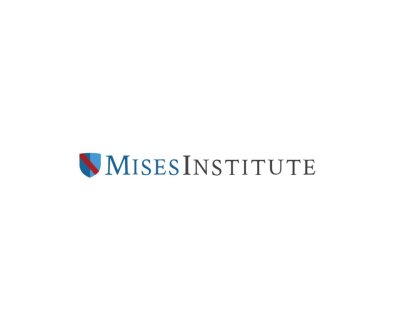Florida Teachers Have No First Amendment Right to Indicate Their Preferred Pronouns and Honorifics in Class
Excerpts from the 9,400-word Wood v. Fla. Dep’t of Ed., decided today by Eleventh Circuit Judge Kevin Newsom, joined by Judge Andrew Brasher:
Katie Wood is a transgender woman who teaches at a public high school in Florida. Two years ago, the state enacted Fla. Stat. § 1000.071(3), which, as applied to Wood, prohibits her from using the honorific “Ms.” and the gendered pronouns “she,” “her,” and “hers” in exchanges with students during class time. Wood sued to enjoin the enforcement of § 1000.071(3) against her. The district court granted Wood a preliminary injunction, finding it substantially likely that the law violates her First Amendment right to free speech.
We disagree. Because we hold that Wood hasn’t shown a substantial likelihood that § 1000.071(3) infringes her free-speech rights, we vacate the preliminary injunction and remand the case to the district court for proceedings consistent with this opinion….
Katie Wood teaches algebra at a public high school in Florida. Wood was born a biological male but now identifies as a woman. After transitioning in 2020, Wood began using the honorific “Ms.” and the gendered pronouns “she,” “her,” and “hers.” Importantly for present purposes, she wrote “Ms. Wood” and “she/her” on her classroom whiteboard and syllabi, she identified herself as “Ms. Wood” in her communications with students, and she wore a pin that said “she/her.” Then, in 2023, Florida enacted Fla. Stat. § 1000.071, which states, in pertinent part, that “[a]n employee or contractor of a public K-12 educational institution may not provide to a student his or her preferred personal title or pronouns if such preferred personal title or pronouns do not correspond to his or her sex.” …
We begin—and find that we can end—with the question whether Wood has shown a likelihood of success on the merits of her First Amendment challenge. As relevant here, the First Amendment (as incorporated through the Fourteenth) prohibits state legislatures from “mak[ing any] law … abridging the freedom of speech.” The First Amendment’s protections extend to public-school teachers and students, “neither of whom shed their constitutional rights to freedom of speech or expression at the schoolhouse gate.”
But a teacher’s right to speak is not without limits. One reason is that “[i]n addition to being [a] private citizen[ ],” a teacher is “also [a] government employee[ ] paid in part to speak on the government’s behalf and convey its intended messages.”
To resolve the private-citizen/government-employee tension, we employ a two-step framework grounded in the Supreme Court’s decisions in Pickering v. Board of Education (1968), and Garcetti v. Ceballos (2006). At step one, the employee must show that in expressing herself she is (or was) speaking both (a) as a citizen—rather than in her capacity as a government employee—(b) about a matter of public—rather than private—concern. If the employee survives step one, she must then demonstrate, at step two, that her interest in speaking outweighs the state’s interests in promoting the efficient delivery of public services.
Wood’s case, we conclude, founders on the first prong of step one: She cannot show, with respect to the expression at issue here, that she was speaking as a private citizen rather than a government employee….
Needless to say, before we can decide whether Wood spoke as a private citizen or a government employ
Article from Reason.com

The Reason Magazine website is a go-to destination for libertarians seeking cogent analysis, investigative reporting, and thought-provoking commentary. Championing the principles of individual freedom, limited government, and free markets, the site offers a diverse range of articles, videos, and podcasts that challenge conventional wisdom and advocate for libertarian solutions. Whether you’re interested in politics, culture, or technology, Reason provides a unique lens that prioritizes liberty and rational discourse. It’s an essential resource for those who value critical thinking and nuanced debate in the pursuit of a freer society.



